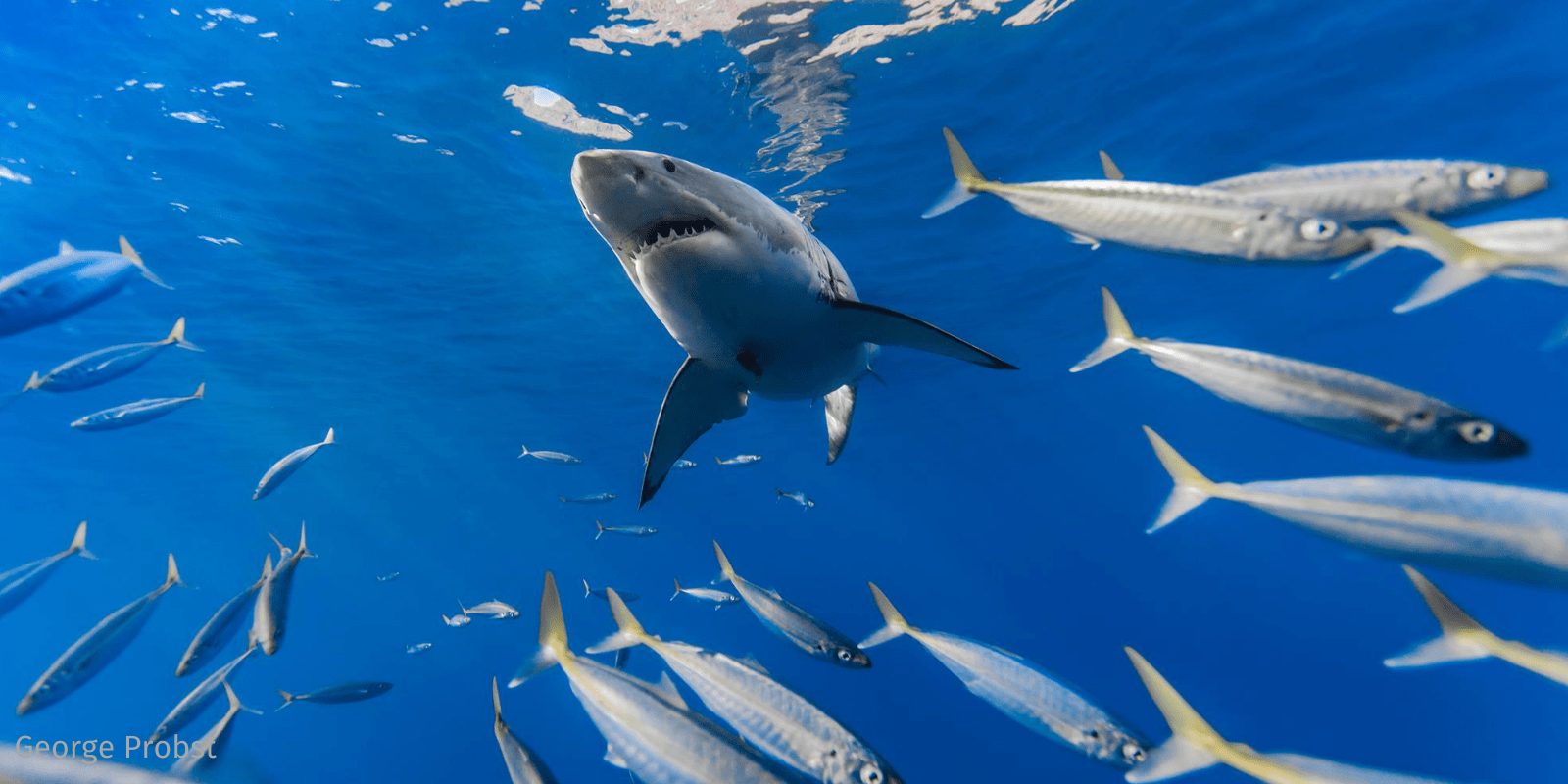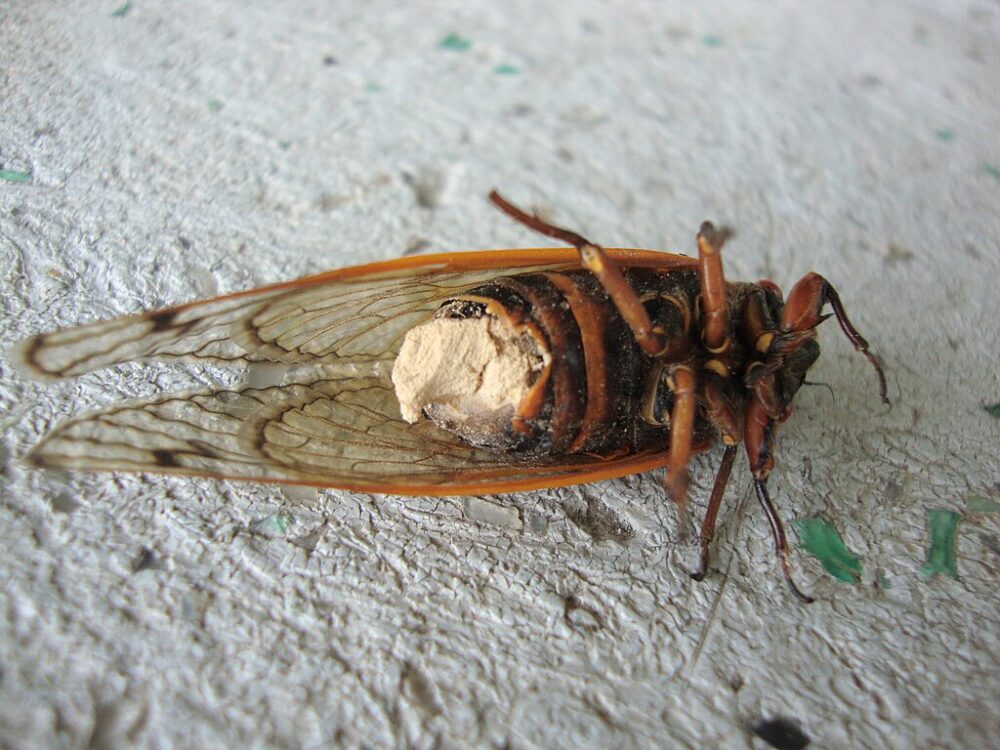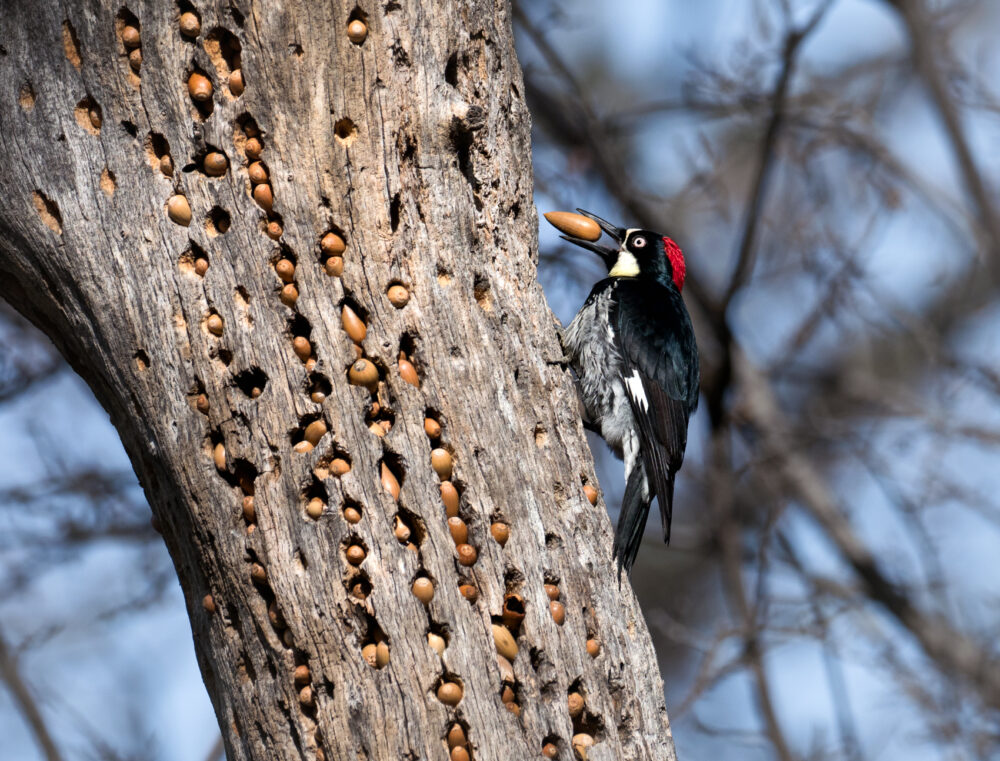We have much more to do and your continued support is needed now more than ever.
5 Shark Facts I’ve Learned From Kids

As summer rolls around, sharks are naturally on everyone’s mind. To learn more about these vital predators, we talked with photographer George Probst. He has been photographing and observing great whites off Guadalupe Island in the Pacific since 2006.
But some of the coolest things he’s discovered about sharks are things he learned in a classroom, thanks to the curiosity of elementary kids.
I have been diving with a variety of different shark species for years and have developed a deep appreciation for these misunderstood animals. One of the most worthwhile activities that I get to do is visit schools and talk to students about sharks.
While my goal is to help teach the students things about sharks that they might not know, sometimes I get asked questions that I would have never thought of—and I end up learning a thing or two myself! Here are some good questions I have been asked over the past few years.
1) Can sharks get a sunburn?
Sharks can get a sunburn if they stay close to the surface for a long enough time, but it’s not very likely that they would. Sharks do sometimes get a suntan. Researchers determined that when hammerhead pups are moved from murky to clear water where the sun penetrates, they developed darker skin due to increased exposure to the sun.
2) Sharks always seem to be smiling. Are they happy?
Sharks don’t communicate their moods through facial expressions, so what we see as a smile is a result of us interpreting how we as humans express happiness. Though some shark species are known to express themselves through what are called agonistic behaviors.
These agonistic behaviors, which can include things like lowered pectoral fins on the sides of their body, and arched back and mouth gaping, can serve as a warning to other sharks (and sometimes divers) that a shark might not be in the best mood.
3) How long do sharks take care of their babies?
When baby sharks are born, they do not receive parental care from either their mother or father. Some shark species are born through live birth directly from their mothers, while other shark species hatch from eggs, but they are all on their own as soon as they are born.
Depending on the species, young sharks might be born and live in a different habitat from their older counterparts, until they reach an age where they are better suited to venture out with the adults. These areas are known as shark nurseries and may provide protection for younger sharks from threats that are not a concern for larger, older sharks.
4) Are sharks intelligent?
This is a tricky question, because we can’t really measure shark intelligence the same way we measure human intelligence. We do know they achieve some pretty remarkable feats. For example, sharks can travel thousands of miles and return to the same locations year after year (without needing a map or GPS like humans would)!
Sharks can also learn new behaviors by watching a fellow shark. Some shark species are even known to perform a behavior called spy-hopping in which they raise their head out of the water to look around, so we know they’re aware of not only what’s going on under the water but may also be curious about what’s going on above it.
5) Can you tell how old a shark is by looking at it?
People often ask me how old some of the sharks that I dive with are. Determining the age of a shark is tricky, because there are not really any easy ways to measure the age of a living shark. Age can be estimated during a necropsy, but that requires the shark to be measured after it has died. Counting vertebrae band pairs is one method used to determine a shark’s age, with each band pair assumed to represent a year of age.
However, radiocarbon testing has more recently been used to estimate the age of sharks. Researchers using radiocarbon testing on Greenland sharks in a 2016 study estimated the largest specimen they tested to be somewhere between 272 and 512 years old. The results of that study suggest that Greenland sharks could be the oldest vertebrate species on Earth!
For more shark adventures, follow George on Instagram!





















